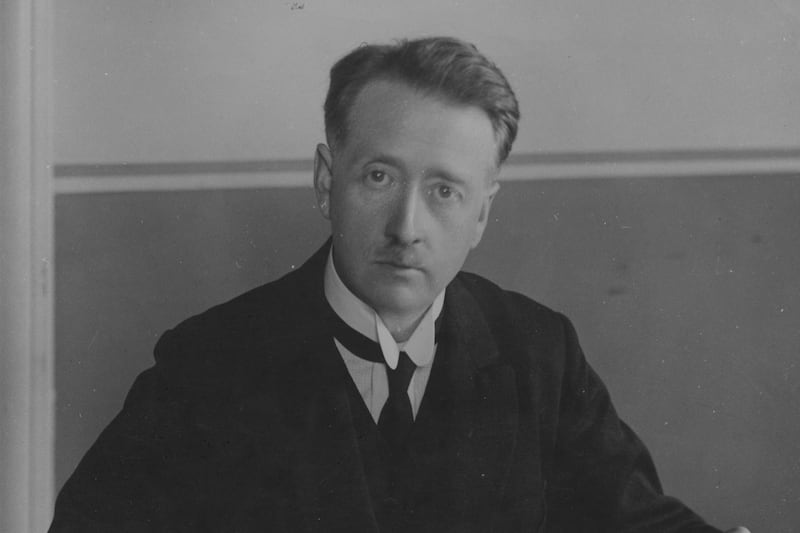June 19 1974
The Home Secretary, Mr Roy Jenkins, rejected an MP’s demand for the restoration of capital punishment “in the case of persons convicted of murder or attempted murder in Great Britain committed while acting as a member of the IRA or other terrorist organisations”.
He was giving a written reply to Mr Neville Trotter (C Tynemouth), who had called for the change in legislation.
To prevent the IRA and other paramilitary groups from targeting Britain, Conservative MP Neville Trotter appealed for the re-introduction of capital punishment, a call rejected by the Labour government.
*********
Candidate Sees British Sympathy for NI Decreasing
Dr Iris Agnew, pro-power-sharing Unionist candidate in the North Antrim by-election, yesterday supported the Secretary of State’s view that cross-channel sympathy for Northern Ireland is decreasing.
Commenting on Mr Merlyn Ree’s statement, Dr Agnew said that the north had lost much sympathy because of the events of the past few months.
“When we had a power-sharing executive and when the two communities were seen to be working together there was a lot of support and a lot of people were willing to help Northern Ireland,” she said.
“Then we had the strike and this gave many people the impression that the Protestant community was prepared to wreck itself. Many people have started to wonder is a community prepared to do this is worth saving.”
Dr Agnew warned the North Antrim constituents who go to the polls tomorrow that another major strike could destroy Northern Ireland’s economy completely. It was imperative for the well-being of the local economy that the link with Britain be maintained.
Speaking in support of Dr Agnew last night, the former Agriculture Minister Mr Leslie Morrell said that now that the majority were clearly in favour of power-sharing, the Glengall Street Unionists were realising what was clear to pro-Assembly Unionists a year ago and were beginning to sing a different tine.
“It’s a pity that they deluded themselves and others with [Ian] Paisley propaganda and supported the UUUC stoppage which did so much damage to our economy, our reputation and most of all our future as part of the United Kingdom,” said Mr Morrell.






